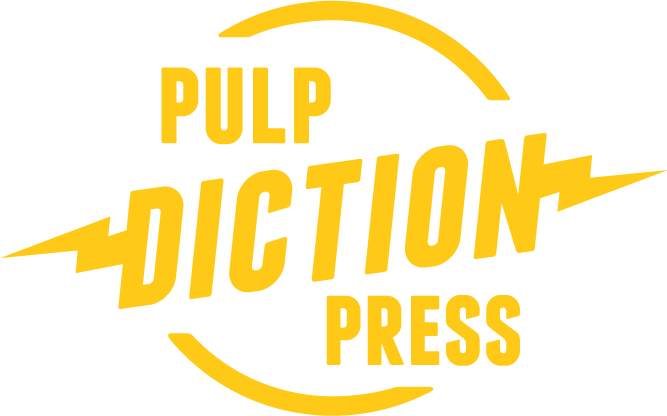
I often get a lot of side eye when I say that some character is or is not a superhero.
Wait, that’s not true. I really only get it when I have to tell somebody that the character they just referred to as a superhero isn’t. I hate being the bearer of that news! And the superhero is so malleable that it can be married to almost any other genre and still work as a superhero story. But there must be a few bare essentials that ensure a story is a superhero story. Otherwise, superhero can mean anything, and then it means nothing.
Here you’ll find my bare essentials of the superhero aesthetic. They aren’t etched in stone, I keep tinkering with them myself. And they don’t all have to be tuned to the same level. For instance, Batman doesn’t have any super powers and is still very much a superhero in a way Sherlock Holmes or the Shadow are not. Similarly, the Fantastic Four don’t have secret identities, but they do have costumed ones and a whole lot of other superhero trappings. Still, while I’m open to discussion, without these, I’m probably not going to agree that a character is a superhero.
You Must Be This High to Be a Superhero
In order for a character to be considered a superhero, they must have some combination of…
- Super Powers – Superheroes have powers and abilities far beyond those of mortal men. Concussive force fired from the eyes. The proportional strength and speed of a spider. Unbreakable knives popping out of knuckles. Titanic strength, flight, freeze breath, et al. Bottom line, the superhero is super.
- Colorful Costumed Identities… – Superheroes wear costumes. You can call them uniforms or action suits if that makes you feel better. Whatever you name it, the superhero has a unique and visually striking outfit she wears when fighting crime that typically cannot be confused for street clothes.
- …Hiding Their Civilian Identity – Only a handful of trusted associates or dedicated allies can know the true identity of our hero or heroine. Naturally, this brings with it the attendant hiding-a-double-life shenanigans.
- Fighting Crime… – Superheroes punch muggers, bank robbers, mobsters, terrorists, Nazis and whoever else is foolish enough to commit nefarious deeds in front of our hero. This can also include punching mad gods and intergalactic despots because the operative word in “crimes against humanity, nature, and God” is “crimes.”
- …Which Also Cloaks Itself In Colorful Costumed Identities – Run-of-the-mill gunsels and fourth columnists are fine for a while, but eventually a superhero needs somebody who does evil as flamboyantly as the hero does good. Superheroes simply must have supervillains.
- Battle Internal Conflicts Literalized Externally – This is a kind of huge concept, so I’ll give a couple examples of what I mean and we can hash out the details as we go.
- Peter Parker’s internal conflict is deciding what is the greatest good. On one side of town, his loving, ailing aunt needs the pills Peter just picked up for her. On the other side of town, the Scorpion is blowing things up and robbing banks. Peter is literally faced with the dilemma of having great power, yet not knowing where the greater responsibility lies.
- A slowly dying Superman who has always been empowered by solar energy literally facing his own mortality by fighting an evil computer in the shape of a sun. The source of his power is killing him at both the micro and macro scale.
- Be Better People Than Us So As To Inspire Us – For some reason, I feel like this statement is going to be the most controversial. But it’s also the one that most defines superheroes. Superheroes are selfless. They sacrifice to protect their fellow men and women. And while they are people (albeit fictional ones) and far from perfect, they are still heroes.
- Chris Sims of The Invincible Super Blog, Comics Alliance, and Looper said: “…superheroes are a fundamentally optimistic proposition. They all descend from Superman, a character who’s built around the idea that this person with powers and abilities far beyond those of mortal men would use them exclusively for the benefit of others.”


Recent Comments